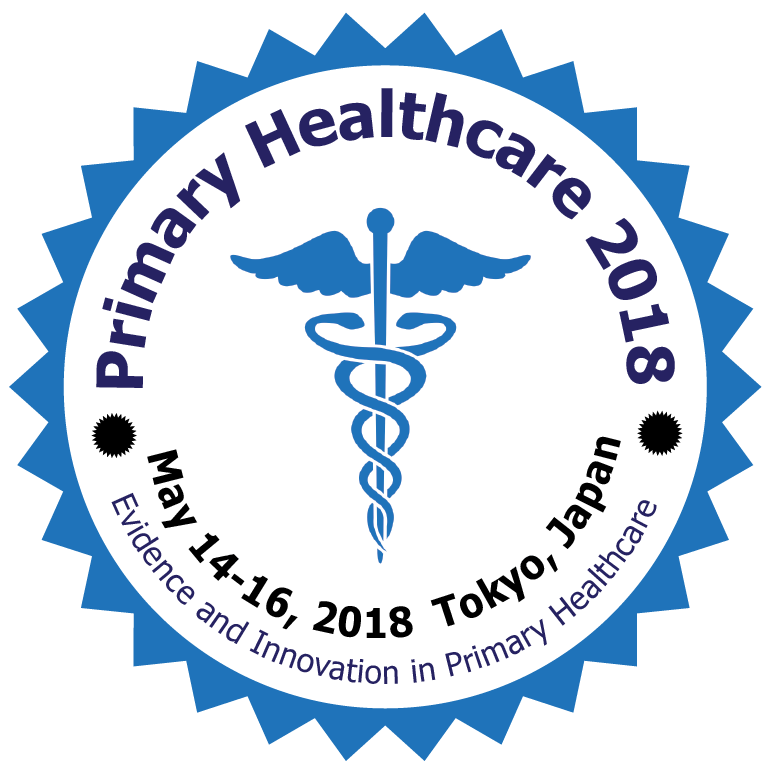Ejlertsson
Lund University, Sweden
Title: Variation, companionship and manageability important for recovery during working hours: A qualitative study on primary healthcare workers
Biography
Biography: Ejlertsson
Abstract
Statement of the Problem: Lack of recovery is connected to increased levels of stress-related problems and development of ill-health. Recovery outside the workplace has been studied previously, but a recent study found that recovery during working hours, regardless of recovery outside work, is valuable in relation to high self-rated health.
Aim: The aim of this study was to explore the concept of recovery during working hours, as described by the employees working in primary health care.
Methodology: Focus groups with a total of 50 staff members from different professions were conducted in eight primary health care centers in southern Sweden, using a semi-structured interview guide. The analysis was inspired by systematic text condensation.
Findings: The experience of recovery during working hours was described in a similar way in all the focus groups, although there were some individual differences. Three main categories were identified: (1) Variation (including changes in location, tasks and tempo), Companionship (including helpfulness, appreciation, social chat and laughter) and (3) Manageability (including completion, satisfaction, influence, control and reflection). The participants described how their work entailed many different opportunities for recovery, but there was not enough time or knowledge to accomplish them in the daily work. The workplace culture and atmosphere were significant factors for giving the employees possibilities to recover.
Conclusion & Significance: Recovery during working hours is multifaceted. All three categories identified in this study interact with each other and are, at various levels, prerequisites for recovery. We have not found any other available literature concerning this aspect and it can be considered as a novel finding. In a future study, the results will be used for an intervention in primary health care; with the aim of assessing to what extent these factors influence recovery in daily work, which will enhance the wellbeing of the employees.

